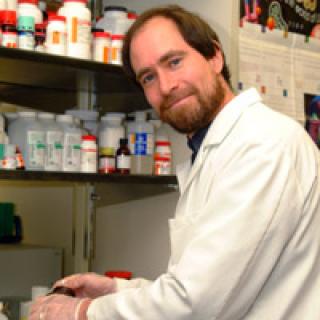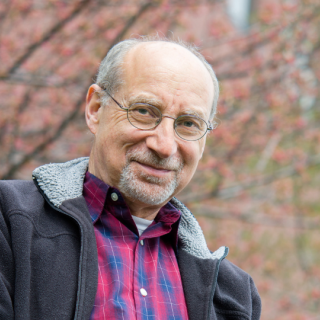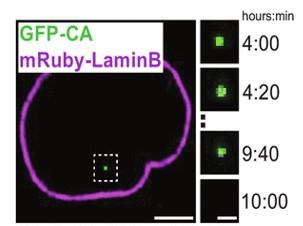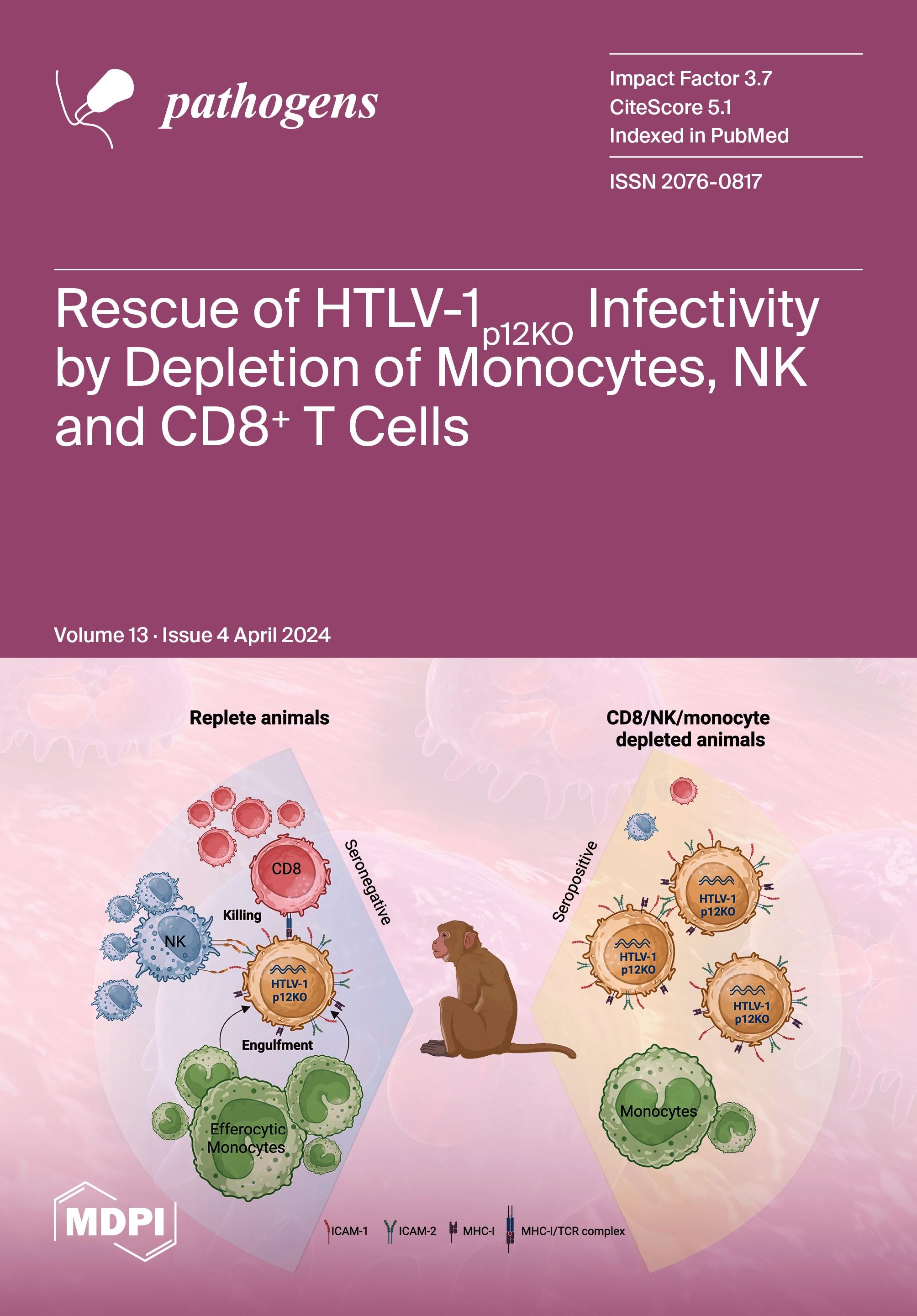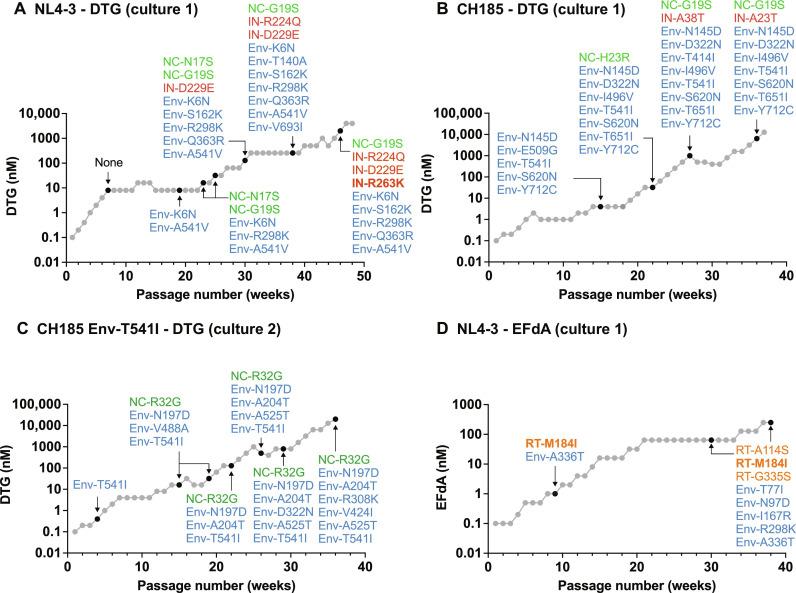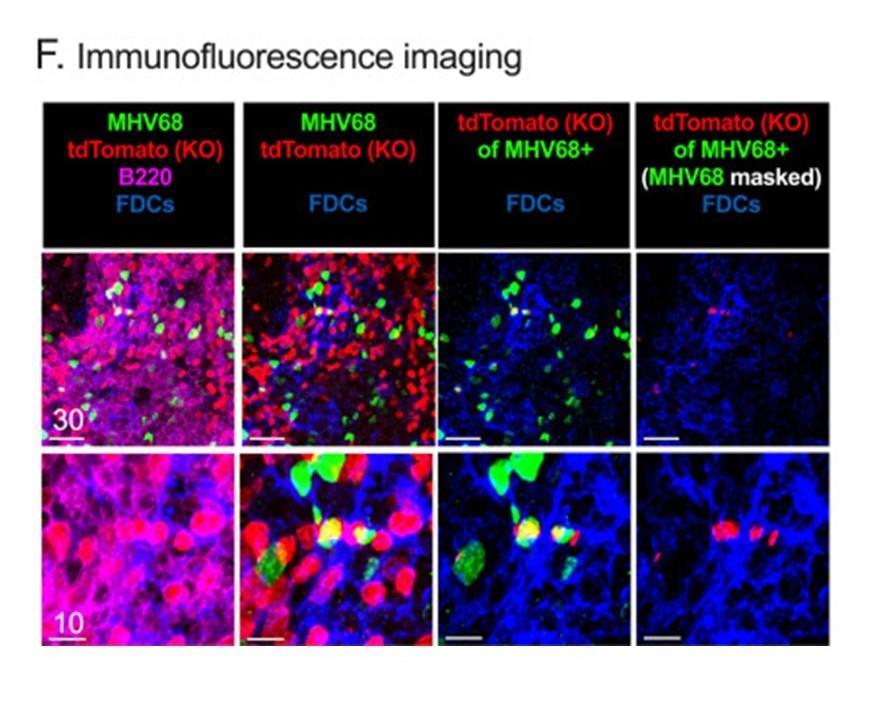Center of Excellence in Cancer Virology and HIV
About
Despite significant advances in treatment, the number of newly diagnosed HIV-infected adults and children rose globally from ~3.9 million in 2004 to 4.3 million in 2006, and the number of deaths from ~2.7 million to 2.9 million over the same period. Moreover, the initial success of highly active antiretroviral therapy (HAART) in reducing viral burden is now threatened by the rapid emergence of drug-resistant virus. Approximately one of every five human cancers is caused by infectious agents with an estimate of 1.9 million cases per year worldwide. Of these cancers, approximately 70% are caused by viruses such as human papillomavirus, hepatitis virus types B and C, Epstein-Barr virus, human herpesvirus 8, and human T cell leukemia/lymphoma virus. Recent evidence also suggests that the increased life expectancy of HIV-infected individuals on HAART may enhance the risk of developing both AIDS-defining and non-defining cancers. The mission of the Center of Excellence in Cancer Virology & HIV (CECVH), established within the NCI's Intramural Research Program, is to facilitate and rapidly communicate advances in the discovery, development and delivery of antiviral and immunologic approaches for the prevention and treatment of HIV infection, AIDS-related malignancies and cancer-associated viral diseases. Toward this end, NCI research on AIDS, HIV and HTLV has resulted in >488 new invention reports, >1043 patents, and >246 licenses, including didanosine (Videx), ddI generics, ddC (Hivid), and darunavir (Prestiva).
Members
Co-Chairs
Steering Committee
Members
Featured Publications
HIV-1 uncoating requires long double-stranded reverse transcription products
Burdick RC, Morse M, Rouzina I, Williams MC, Hu WS, Pathak VK. Sci Adv. 2024 Apr 26;10(17):eadn7033.
Complete Rescue of HTLV-1p12KO Infectivity by Depletion of Monocytes Together with NK and CD8+ T Cells
Gutowska A, Sarkis S, Rahman MA, Goldfarbmuren KC, Moles R, Bissa M, Doster M, Washington-Parks R, McKinnon K, Silva de Castro I, Schifanella L, Franchini G, Pise-Masison CA. Pathogens. 2024 Mar 29;13(4):292.
Epistatic pathways can drive HIV-1 escape from integrase strand transfer inhibitors
Hikichi Y, Grover JR, Schäfer A, Mothes W, Freed EO. Sci Adv. 2024 Mar;10(9): eadn0042.
Multifaceted roles for STAT3 in gammaherpesvirus latency revealed through in vivo B cell knockout models
Hogan CH, Owens SM, Reynoso GV, Liao Y, Meyer TJ, Zelazowska MA, Liu B, Li X, Grosskopf AK, Khairallah C, Kirillov V, Reich NC, Sheridan BS, McBride KM, Gewurz BE, Hickman HD, Forrest JC, Krug LT. 2024. mBio 15:e02998-23.
Events
2025 CECVH Bethesda Fall Think Tank
Natcher Conference Center
This all-day meeting with talks and poster session is designed to facilitate the exchange of information about advances in the discovery, development, and delivery of antiviral and immunologic approaches for the prevention and treatment of HIV infection, AIDS-related malignancies and cancer-associated viral diseases.
Please check back in the fall for the meeting website link for registration/abstract submission details.
Travel awards given for best oral and poster presentations.
Contact
Interested in joining the CECVH?
CECVH participation is open to all NCI intramural investigators, staff scientists, and staff clinicians who are interested and have active research programs in cancer virology and HIV/AIDS. Full membership includes a research listing on the CECVH website.
To join the CECVH, email NCICCRCEHCV@nih.gov.


